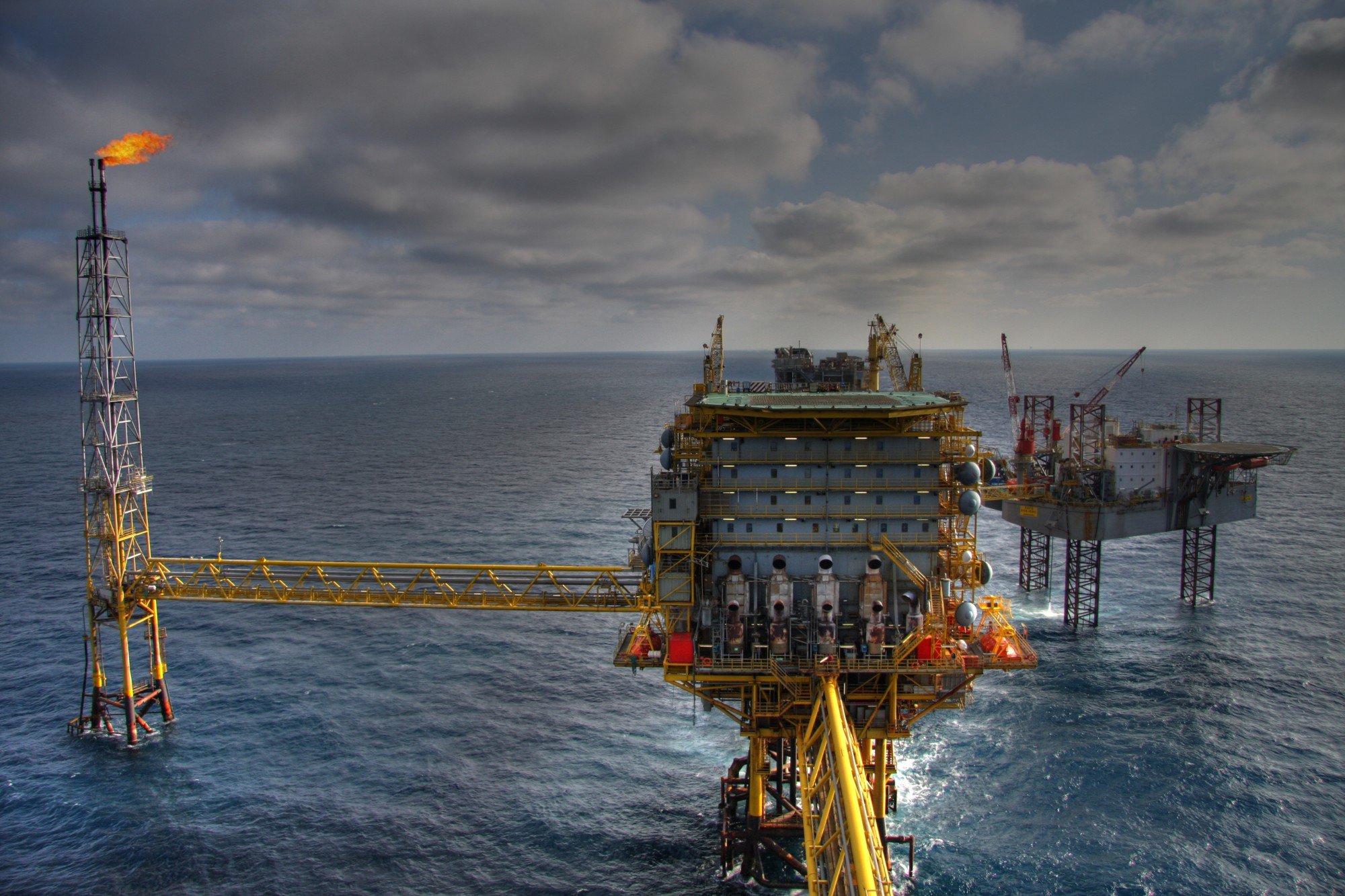A great man once said that the single biggest problem in communication is the illusion that it has taken place.
This couldn’t be truer in the oil production and processing industry. If you manage a business in this industry, you’re already aware of the importance of communication. But are you confident that you have the most effective communications systems in place?
Fortunately, communication equipment that allows workers to conduct their work safely and productively is available to oil rig and drilling operators. Let’s look at the tools that can make your operation as safe and productive as possible.
Communication Technology and Productivity
Many years ago, communication technology used among offshore and onshore oil workers consisted of two-way radio. The data needed to make decisions was offshore, but the decision-makers were onshore. You can imagine how long it took to exchange information!
Today,communication technologies like satellites, microwaves, fiber optics, and cellular networks have improved the quality of life on oil rigs.
Better communication leads to:
- Fewer misunderstandings and less conflict
- Employees who perform confidently
- Employees who feel respected and understood
- Employees who keep each other accountable for good work
- Employees who understand what management wants to achieve
All of these behaviors lead to increased productivity.
Satellite Communication
This is the most common communication tool used for offshore oil work. A satellite system requires a teleport onshore, a broadband satellite connection in space and a very small aperture terminal at the offshore site.
A satellite system allows for immediate and clear phone calls anywhere in the world. In addition to voice communication, satellite systems deliver the following data.
- Drilling and seismic survey activities
- Rock formation data from drilling recorder
- Pump and valve control data
- Flow measurement data
- Monitoring temperature, leaks, and corrosion
Offshore data is delivered continuously to onshore management.
Wireless Rig Intercoms
Communicating with onshore management is critical to good decision making. But communication among rig crew members is critical to making these floating cities as productive as operators need them to be.
Communication among coworkers on an oil rig is a lot more difficult than a typical manufacturing or office workplace. Oil rigs are noisy and hazardous work environments. Crew members need to communicate clearly without the benefit of being face-to-face.
Operators who recognize the importance of communication among an oil rig crew also recognizes the importance of communication across a fleet of rigs within a certain range.
Cell Phone Boosters
Given how much we all rely on our cell phones while onshore, it’s hard to imagine not having reliable cell service to communicate with loved ones. Being away from friends and family can cause a lot of mental strain.
Cell phone boosters support easy and reliable communication for rig workers, making for a higher quality of life on the rig. Without a booster, cell phones can search all networks for hours trying to connect – draining batteries and creating safety concerns.
Importance of Communication for Productivity
Effective communication among workers means that messages are delivered clearly without room for misunderstanding. When messages aren’t delivered clearly, conflict and distrust arise.
Oil rig operators and management are at a huge disadvantage when it comes to communicating effectively. Communication under the easiest conditions is tough, but add in a remote, noisy and hazardous environment and you’re being set up for disaster.
Disaster can be avoided if you recognize the importance of communication. Even better than avoiding disaster, good communication can boost productivity. Find out how you can boost your productivity.
